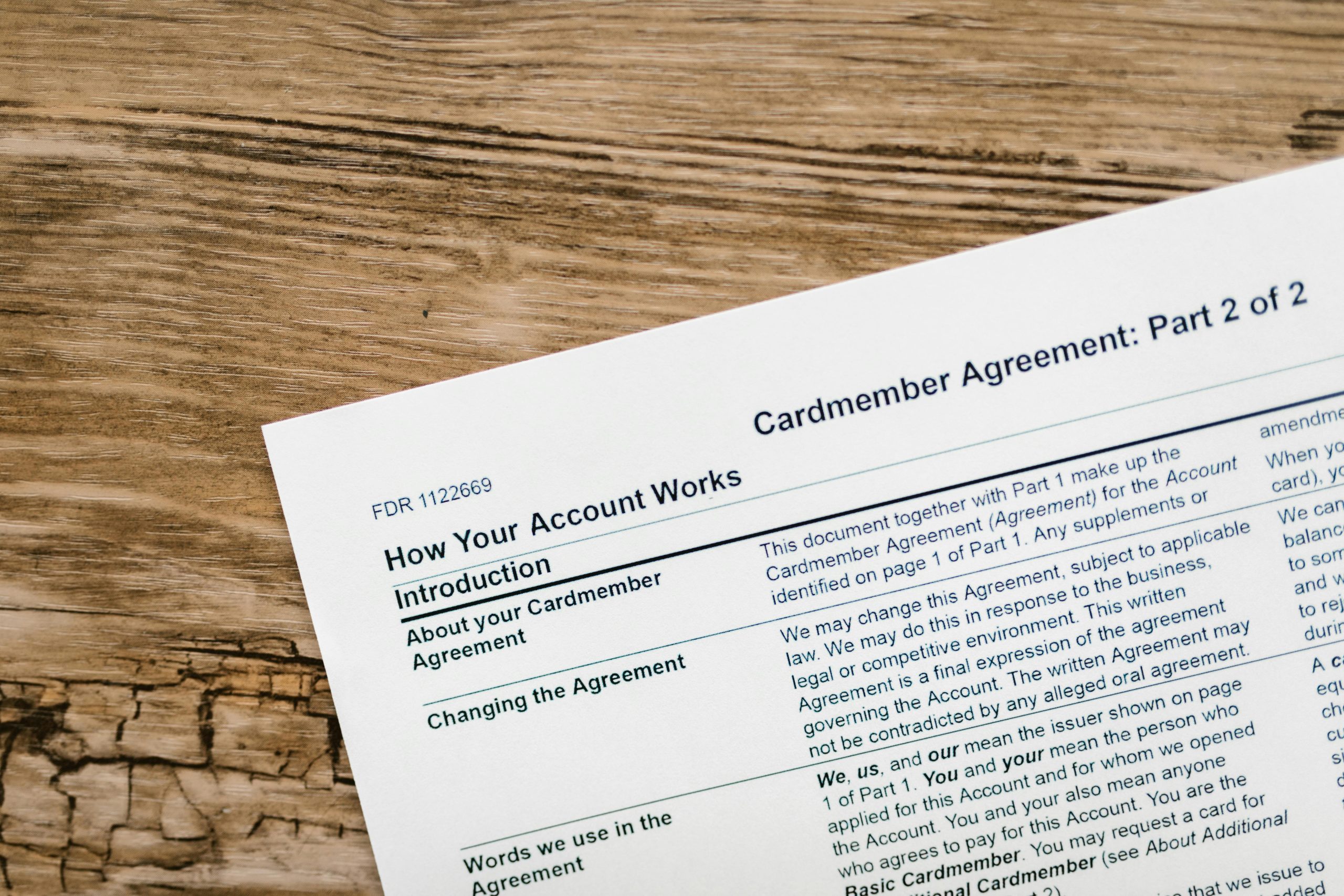Handling Ceiling Water Damage in Rental Apartments: When to Pursue Reimbursement
Living in a rental property comes with its own set of responsibilities and challenges, especially when unforeseen issues like leaks occur. Recently, I faced a ceiling leak in my student apartment in Atlanta during my internship, and I wanted to share some insights on how to approach such situations effectively.
The Situation:
Amid a series of intense storms last week, I noticed water beginning to seep through the ceiling of my apartment. I acted swiftly by informing the management team. Given the severe weather conditions, it was perhaps understandable that the leak initially seemed minor. I placed a container beneath the leak to catch the dripping water, assuming it would suffice.
The Unexpected Damage:
Unfortunately, the leak proved to be more significant than initially assessed. Over the course of the night, water damaged some of my belongings, including my iPad and other items located near my desk. Naturally, I reached out to the management office to request reimbursement for the affected personal property.
Management’s Response:
The management team responded that they don’t consider this a valid reason for reimbursement and suggested that I file a claim through my renter’s insurance if I wanted coverage for the damaged items. While renter’s insurance is a good safety net for many situations, this response raised some questions about its applicability here.
Key Considerations:
– Liability and Maintenance: Typically, landlords are responsible for fixing leaks and damages caused by structural issues or weather events, especially when they were notified promptly.
– Insurance Implications: Filing a claim through renter’s insurance can impact your record, and the deductible might outweigh the value of minor personal property damages.
– Best Course of Action: It’s advisable to review your lease agreement and local tenant rights to understand your rights fully. If the leak was due to neglect or delayed repairs, you might have grounds to request reimbursement directly from your landlord or property management.
Final Thoughts:
In situations like this, clear communication and understanding your rights are crucial. While renter’s insurance can provide valuable protection, it may not always be the best first step for minor damages caused by maintenance issues. Document everything thoroughly—take photos, keep records of communications—and consider consulting local tenant laws to guide your next move.
Remember, addressing maintenance issues promptly with your landlord often leads to the best outcomes for both parties. If disputes arise, seeking advice from tenant advocacy groups or legal resources in your area can also be beneficial.
This blog post aims to inform tenants and apartment residents about handling water



